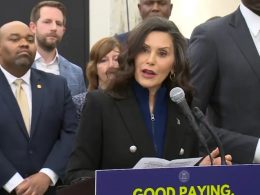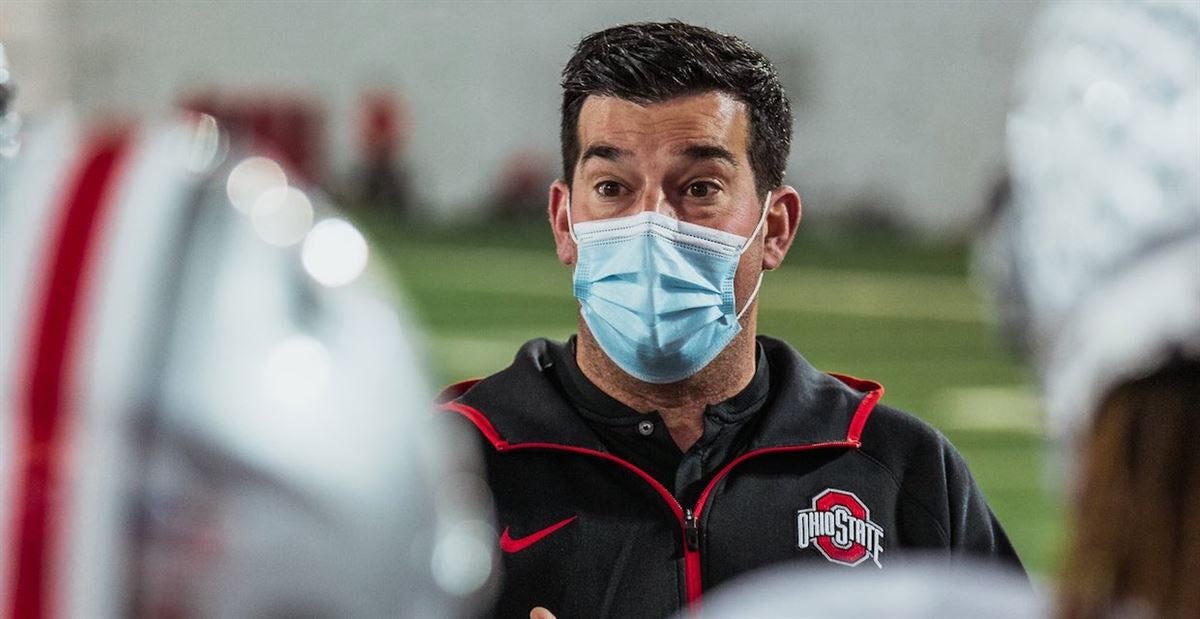LANSING, Mich. — A Southfield doctor has been convicted on multiple charges after a federal jury found her guilty of illegally distributing prescription opioids at what prosecutors have described as a “sham clinic.” Dr. Charise Valentine, 69, was convicted on one charge of conspiracy and 10 counts of illegal distribution of controlled substances, including oxycodone and oxymorphone.
The conviction stems from her involvement in a scheme that saw her prescribe more than 200,000 opioid pills, often to individuals who had no legitimate medical need for them. Prosecutors revealed that Valentine wrote over 3,000 illegal prescriptions over a period of 19 months at a clinic operating out of a warehouse in Oak Park, Michigan.
According to federal authorities, the clinic, called the Orthopedic Medical Building, was not a legitimate medical facility. It was staffed by “patient recruiters” and “marketers” who brought individuals to the warehouse, where they paid cash for prescriptions. The clinic charged between $200 and $500 per prescription, depending on the type, dosage, and quantity of opioids dispensed. No fee was charged if a patient was not prescribed an opioid.
The clinic also offered a disturbing service to those seeking opioids—patients could pay for falsified medical records, making it easier for them to obtain prescriptions without proper medical evaluation.
Prosecutors highlighted that Valentine was paid more than $500,000 in cash during the operation of the clinic. This amount accounted for about half of the clinic’s total proceeds. Valentine only received payment if she wrote opioid prescriptions, which fueled her participation in the illicit operation.
The case highlights the ongoing challenges law enforcement faces in combating the opioid crisis, with medical professionals at times exploiting their positions to further the illegal distribution of painkillers. In addition to the significant toll on public health, these illegal operations often contribute to widespread addiction and overdoses.
Dr. Valentine’s sentencing is expected in the coming months, and she faces a lengthy prison sentence. The case serves as a stark reminder of the dangers posed by fraudulent medical practices and the need for stricter oversight of prescription drug distribution.
This conviction marks a significant victory for federal prosecutors in their efforts to address opioid abuse, but it also raises important questions about the broader role of medical professionals in the ongoing epidemic. As the case continues to unfold, it remains clear that efforts to combat illegal opioid prescriptions must be strengthened to prevent similar operations from taking root.












